(October 23, 2023) Being an athlete, Shriyans Bhandari developed a passion for long-distance running during his NCC days. An activity that helps him escape to a meditative state of mind. While training under Savio D’Souza during his second year at Jai Hind College, he met Ramesh Dhami, a runner who came from a humble background. “For him running was his life, and he didn’t want to throw away his worn-out pair of shoes and was trying to mend them. He eventually converted his old shoes into chappals by retaining the soles,” says Shriyans, adding that it stayed with him for long, and this incident gave life to the idea of Greensole. A sustainable footwear startup that earned Shriyans and his co-founder Ramesh a place in the 2018 Forbes 30 Under 30 list and a winning position at the recent G20 Young Entrepreneurs Alliance Summit 2023.
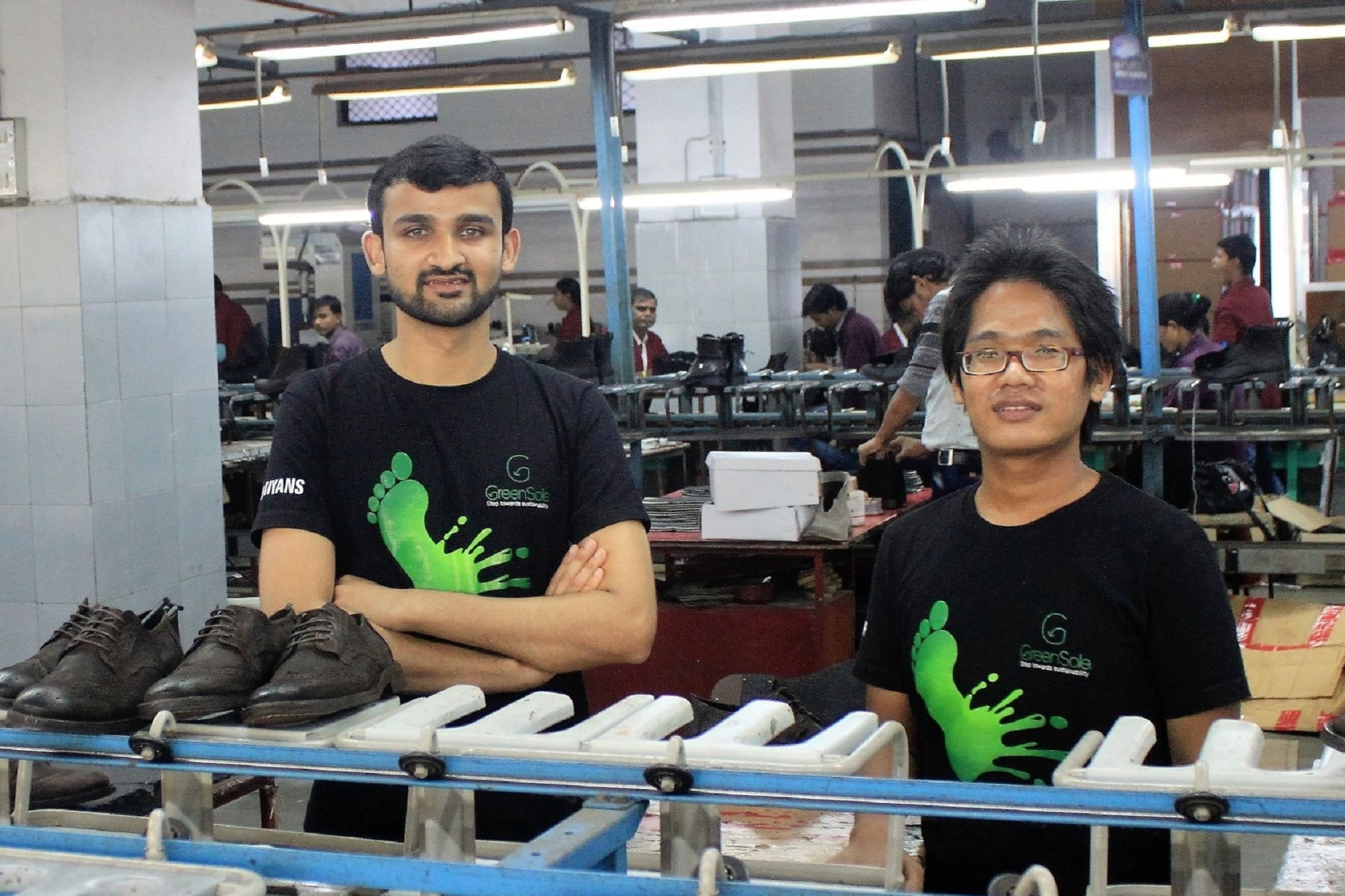
Coming from a family that runs hotels in Udaipur, Shriyans always knew that he wasn’t meant for a 9-5 job and was keen to start something of his own. The idea struck him during his college days after his chance encounter with Ramesh, whom he invited to join an innovators competition as he was keen to pitch the idea of Greensole. “Upon research, I found that over 300 million shoes each year make it to landfills but there is no clear solution. So, I came up with the idea of refurbishing shoes, and this was the beginning of Greensole,” Shriyans tells Global Indian. In no time, Greensole, launched in 2015, started to make an impact as lakhs of discarded shoes got another lease of life. “We were among the top 30 innovators in India,” reveals Shriyans, who earned his master’s degree in leadership from Babson F.W. Olin Graduate School of Business.
Championing two causes – footwear wastage and environment preservation
What began as an idea to preserve the environment by cutting down on carbon print by refurbishing shoes soon took the shape of a campaign that helped lakhs of children across the country who didn’t have adequate footwear. “It began with a drive at Priyadarshani Park in Mumbai where thousands of people brought in their old shoes, and we turned them into slippers for children,” says Shriyans. The soles of the shoes are used for the slippers, and the uppers are upcycled into slipper straps, thus giving old shoes a second life. However, starting refurbishing at a time when sustainability wasn’t a trend was an uphill task for the co-founders of Greensole. “We were also learning a lot in the process, as it was something very new. Even if you would search online, you couldn’t find much information,” he adds. Being a novel concept, Shriyans was skeptical if people would be interested in buying refurbished footwear, so they began by donating shoes to underprivileged children through the help of CSR. “We kept using the same model for the next four to five years.”
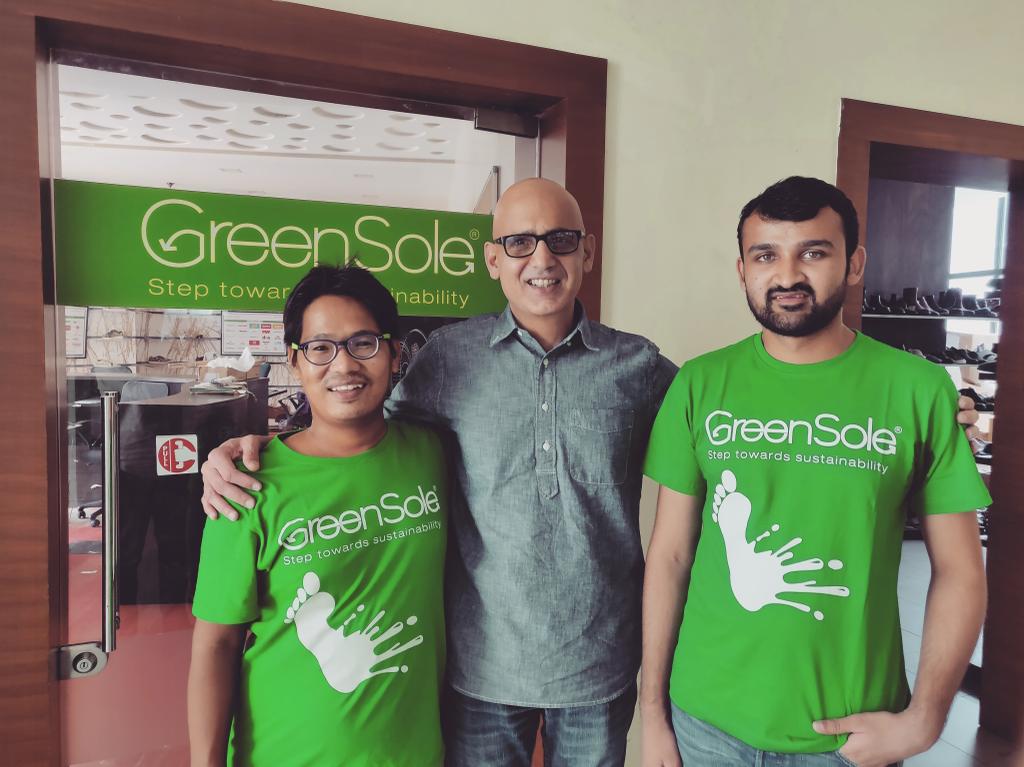
In those initial years, Greensole became a talking point. “It was a novel innovation that had not happened in India before. Suddenly, we went viral. We grew from working with 1 corporate to 35 corporates without spending a single penny on marketing for the first five years,” reveals the social entrepreneur. The growing trust of the corporates helped in making a bigger impact. “From upcycling 50 pairs of shoes a day to now we have moved onto upcycling 3 lakh pairs a year.”
Sustainability – the need of the hour
Over the years, Greensole understood that donation couldn’t be the only way for the social enterprise going forward, so they diversified, and forayed into upcycling shoes and apparel, along with launching their vegan footwear brand. “We have now shifted to our sustainable material (made from plant-based material) and sustainable retail. So if you are buying a sustainable shoe, you are contributing to a social cause as well as helping preserve the environment.”
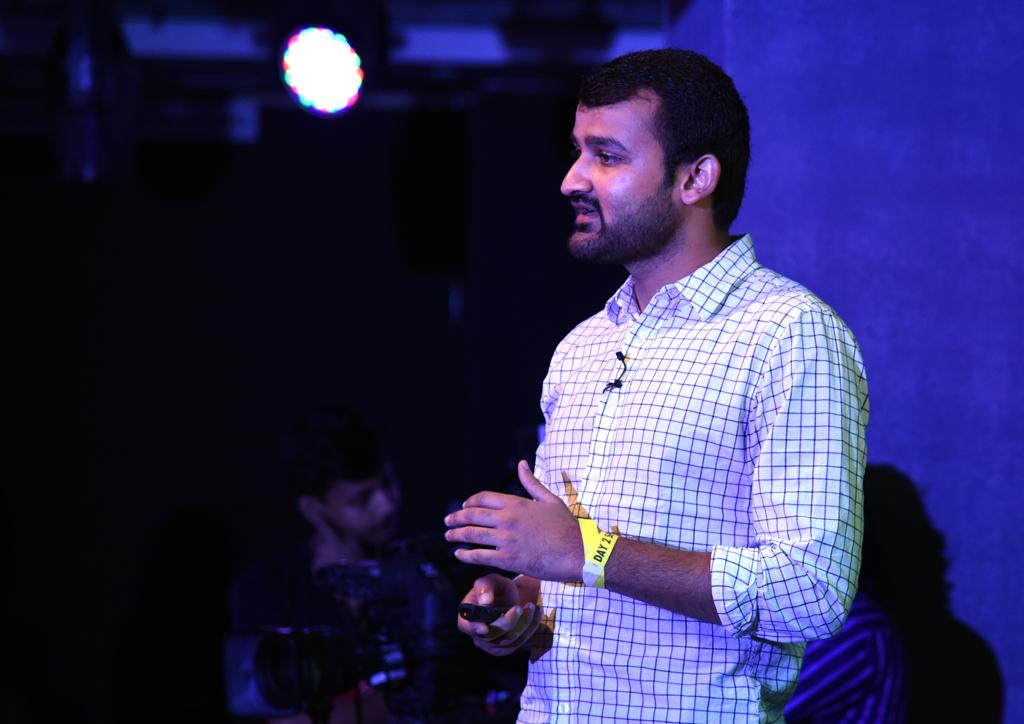
In pursuit of a more sustainable and environment friendly world, Greensole has come up with its plant-based material which Shriyans says has “the potential to replace synthetic leather.” With the world progressing steadily towards sustainability, the ongoing changes will become increasingly prominent in the coming years. However, this wasn’t the case a few years ago. When the startup ventured into sustainability in 2015, people didn’t understand veganism. “By 2019, there were a handful but the number was still very low. Now, people do understand sustainable and vegan but people don’t want to pay extra at this time.” However, Shriyans points out that the change of perception has begun in metros where a handful of people still choose sustainable shoes. “Most of our orders come from cities like Delhi, Mumbai, Bengaluru. Awareness is a lot in these cities. Because of Neeman’s (a brand that popularised vegan shoes across the globe), people have got to understand vegan shoes and sustainability, and now almost all brands are catching up on the trend. However, we have been ahead of the trend always.”

Amplifying the impact
Greensole was way ahead of its time, and the co-founders knew that selling a new concept would be challenging. “We didn’t say we were doing something new, we said we were doing good for the planet.” Since they kept innovating and adding new layers to the startup, Greensole “had to never fight for survival.” “If we stick around for another five years, we have the potential of becoming a household name,” adds Shriyans, who is creating an impact with Greensole. “Till now, we have donated six lakh pairs of slippers. So, we ended up saving that number of shoes from making it to the landfill by giving them a second life along with saving tonnes of carbon emissions. In the process, we have also created job opportunities with each pair has is being refurbished along with jobs in the retail.”
However, Covid-19 pushed Greensole to think of a new strategy to keep the startup afloat as depending solely on corporates wasn’t cutting the deal for them. “It was a learning curve for me, so we started to make our presence felt online. A big brand from Germany reached out to us, and that’s how we ventured into materials. I realised it’s important to have solid planning in place and one should never stop innovating.”
In the last eight years, Greensole has disrupted the footwear industry in India with bigger brands now venturing into sustainable footwear. “It’s been a challenging journey but at the same time rewarding,” says Shriyans, who loves travelling and catching up with his friends. Being a torchbearer in the industry, Shriyans is happy to see the change take place. “People are now becoming conscious and adopting the sustainable approach in their lifestyle,” he says, adding more people will adopt sustainability shortly. “People will become more aware and most of the shoes available in the market will be sustainable. Also, in the coming years, India will reach a leadership position. In the next decade or so, India will be at the top, and will be recognised as a leader as it will open more and better opportunities.”
- Follow Greensole on their website
Follow Shriyans Bhandari on LinkedIn
Follow Ramesh Dhami on LinkedIn



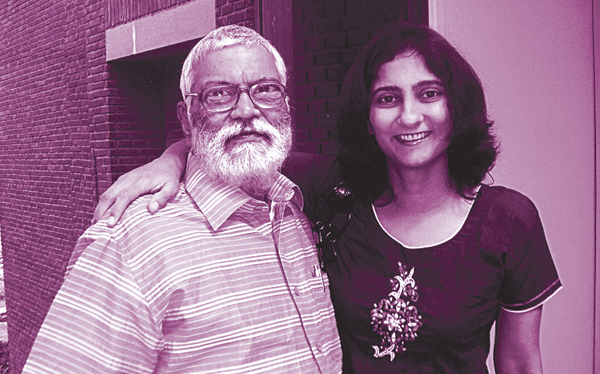 Anu with her father[/caption]
Anu with her father[/caption]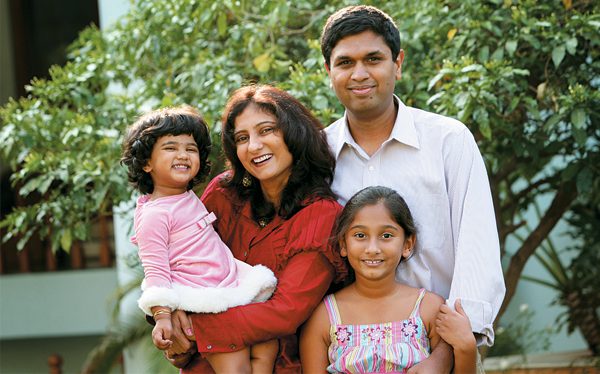 Anu with her husband and daughters[/caption]
Anu with her husband and daughters[/caption]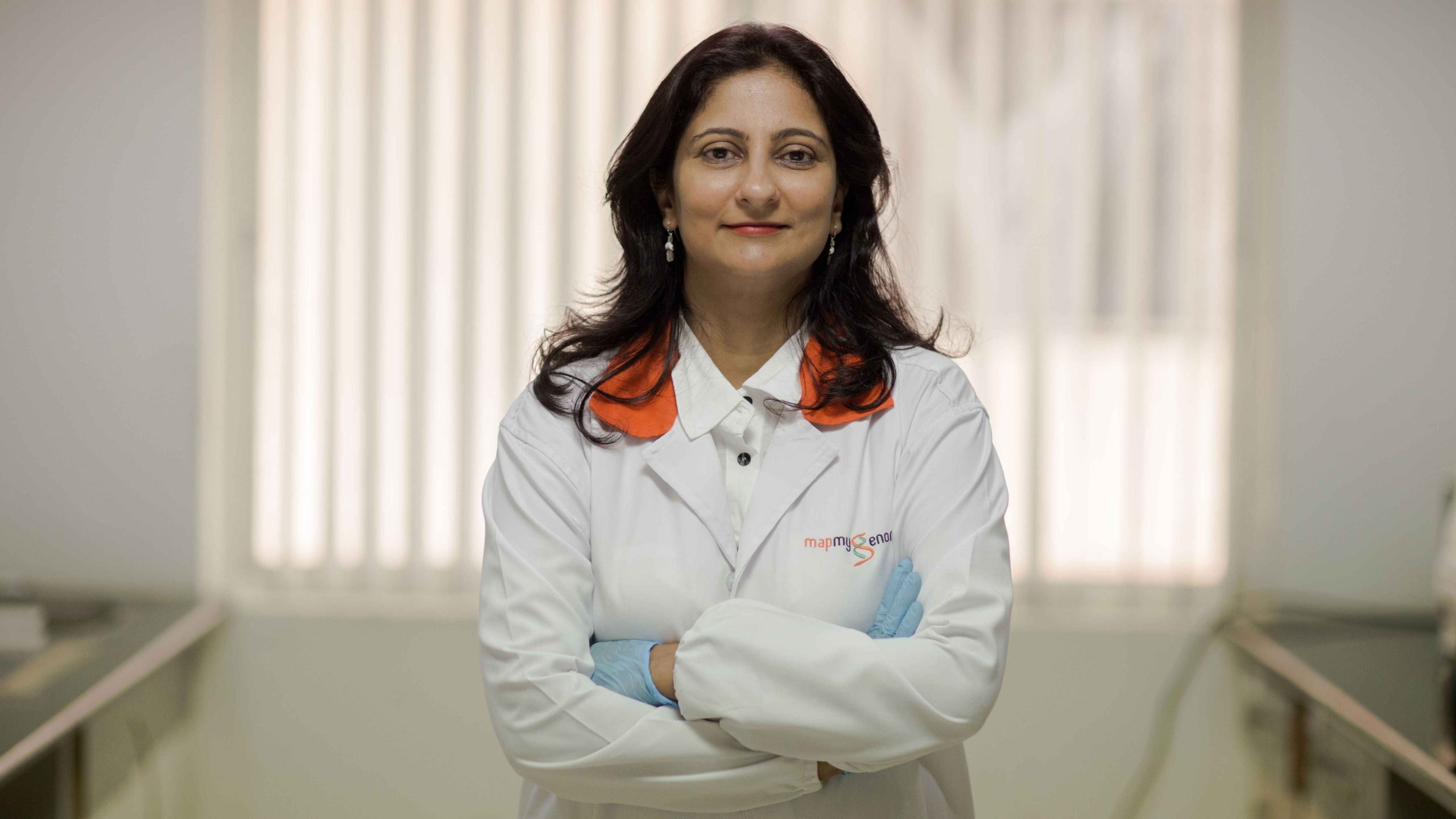
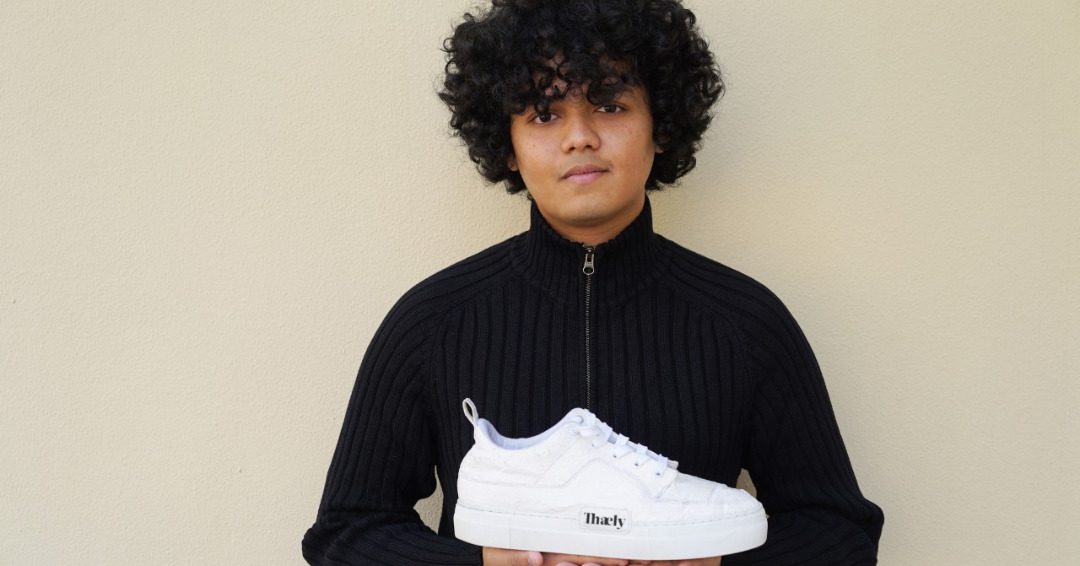
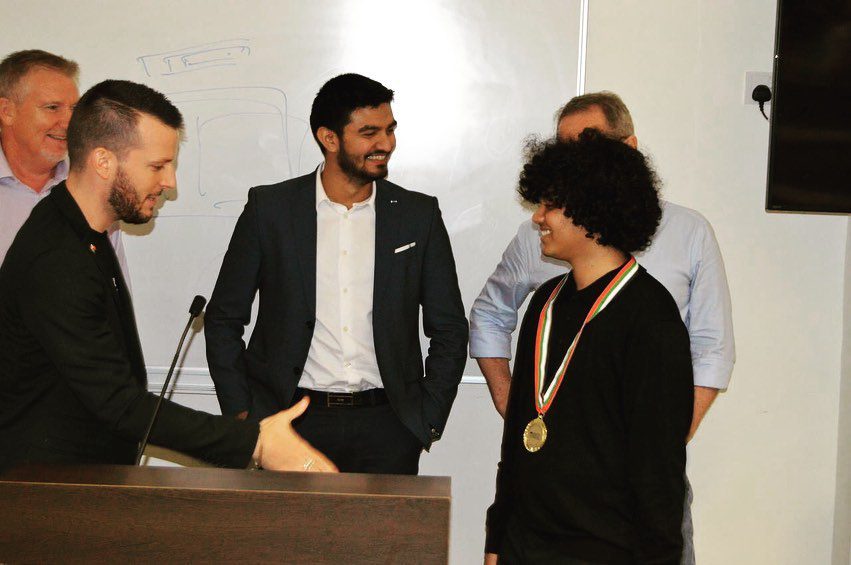 Ashay Bhave[/caption]
Ashay Bhave[/caption]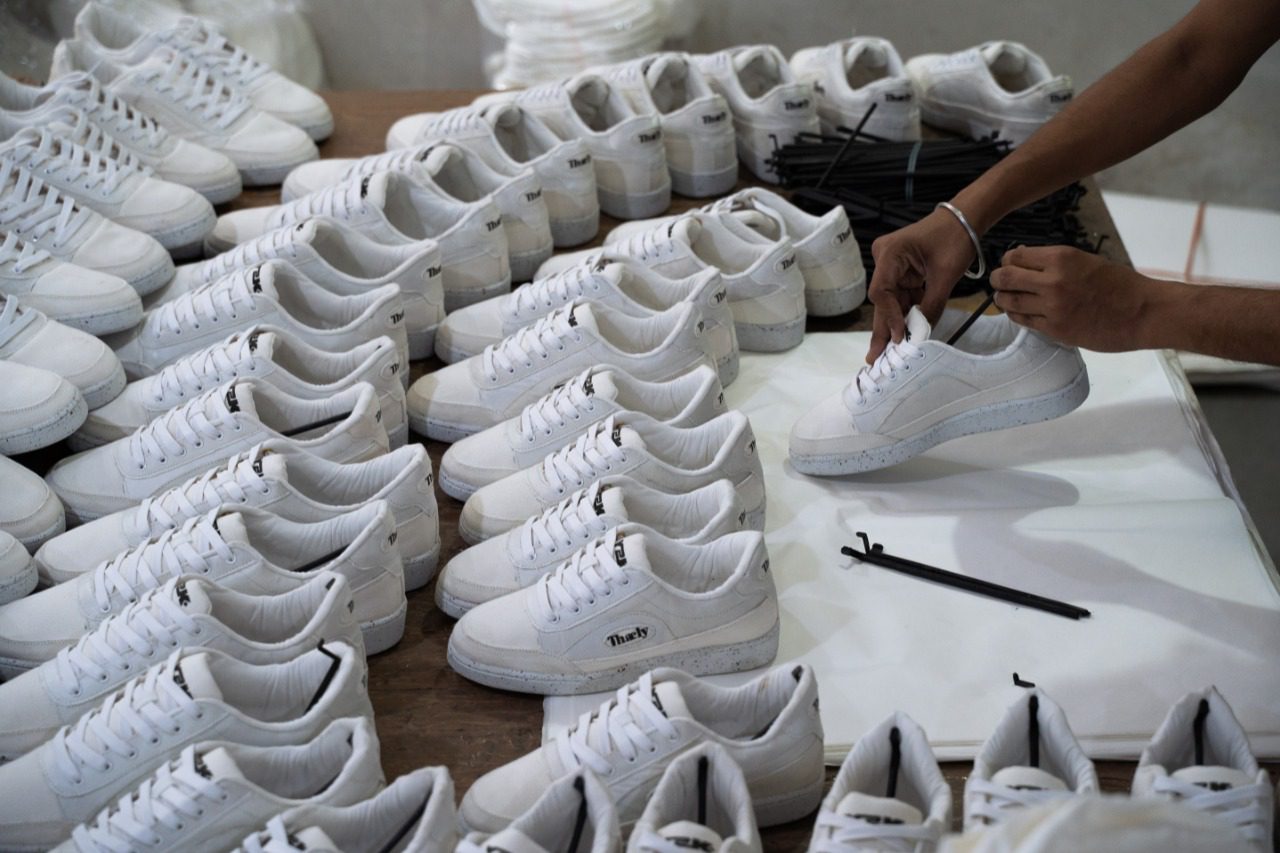 Thaely's vegan sneakers[/caption]
Thaely's vegan sneakers[/caption]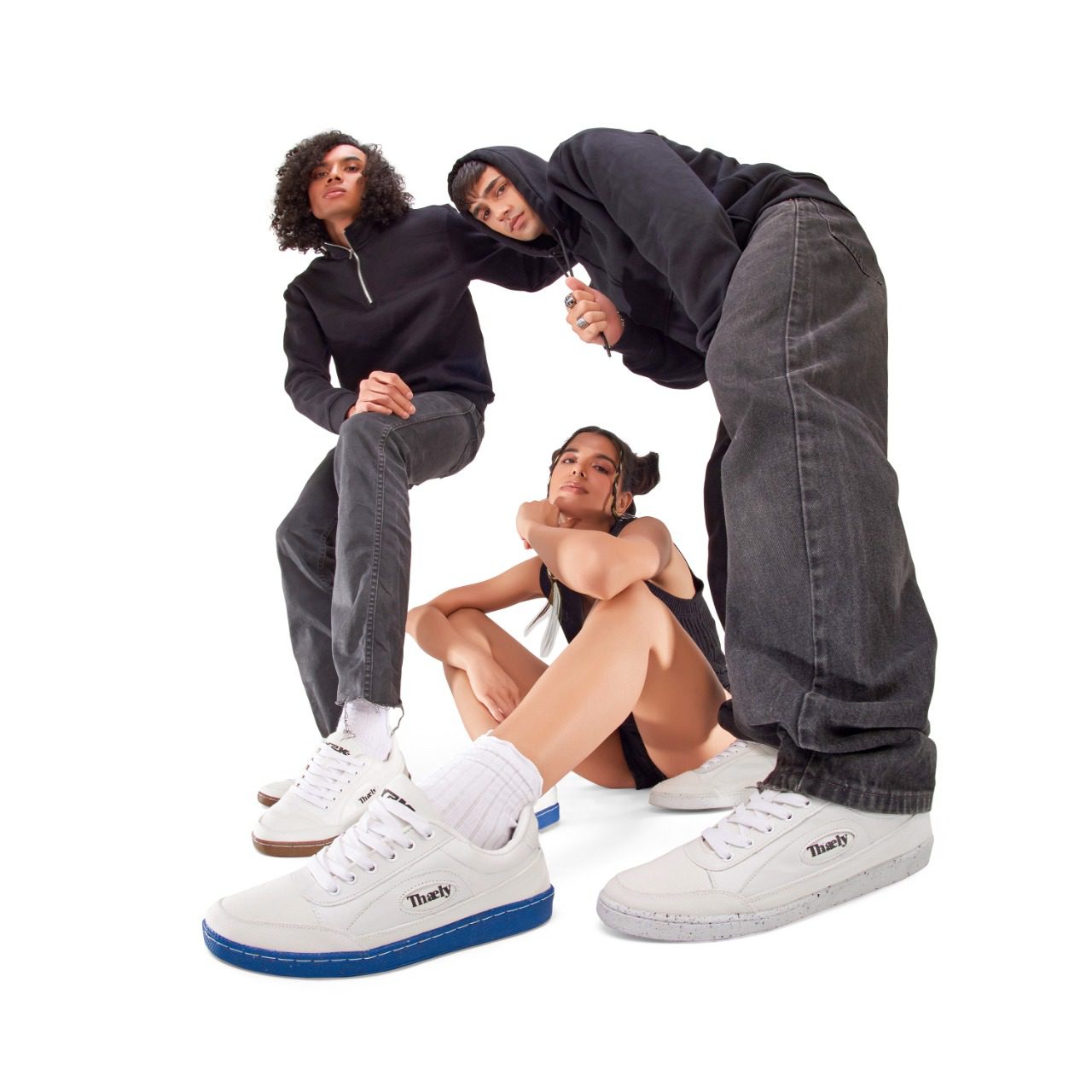 Thaely sneakers[/caption]
Thaely sneakers[/caption]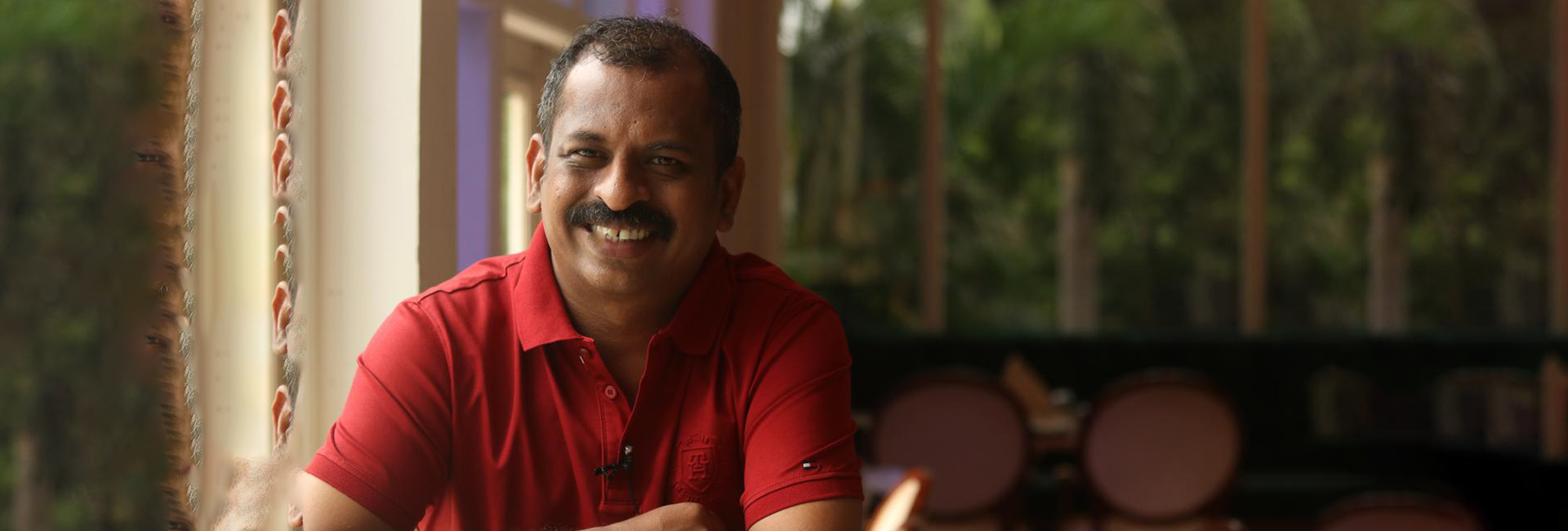
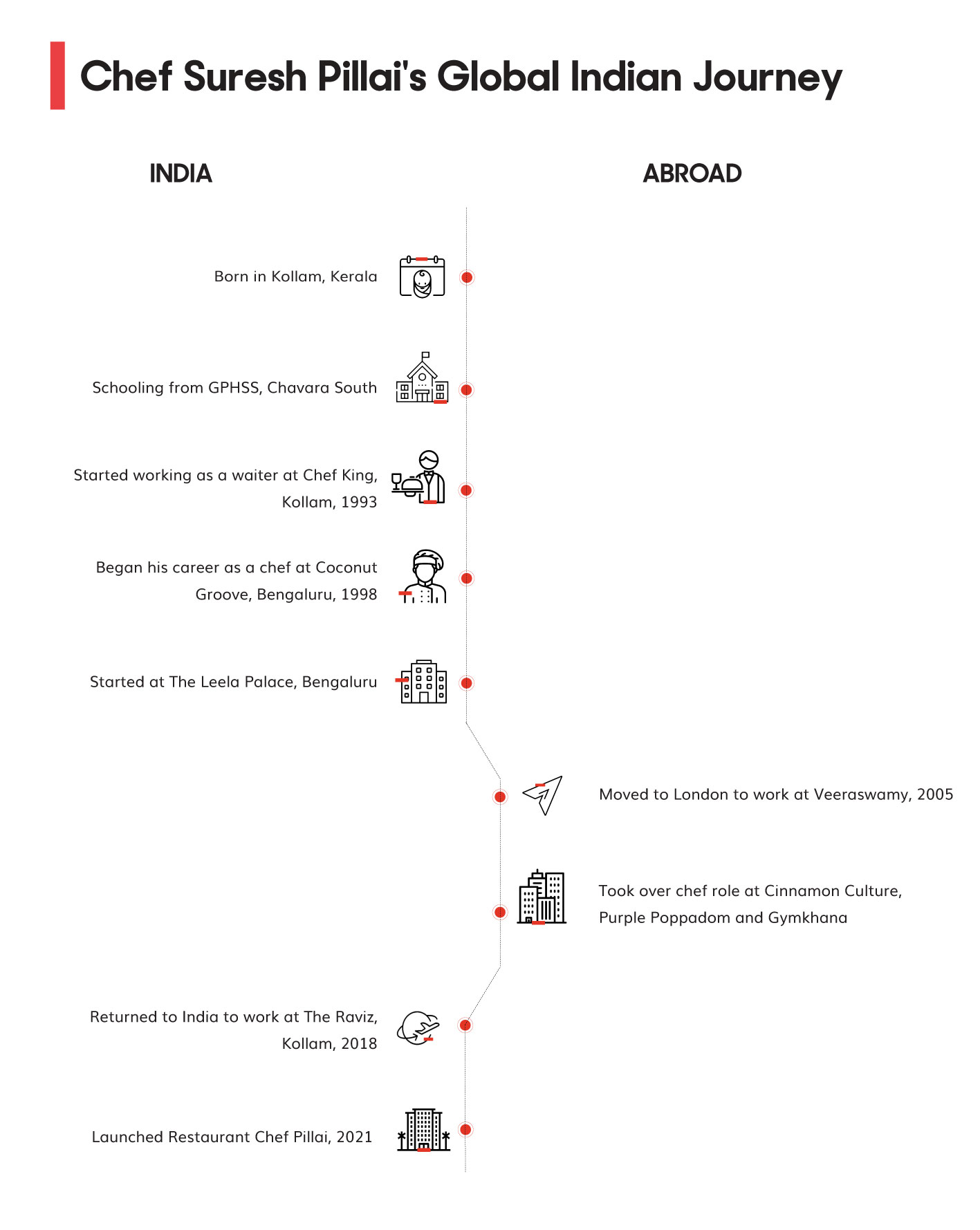
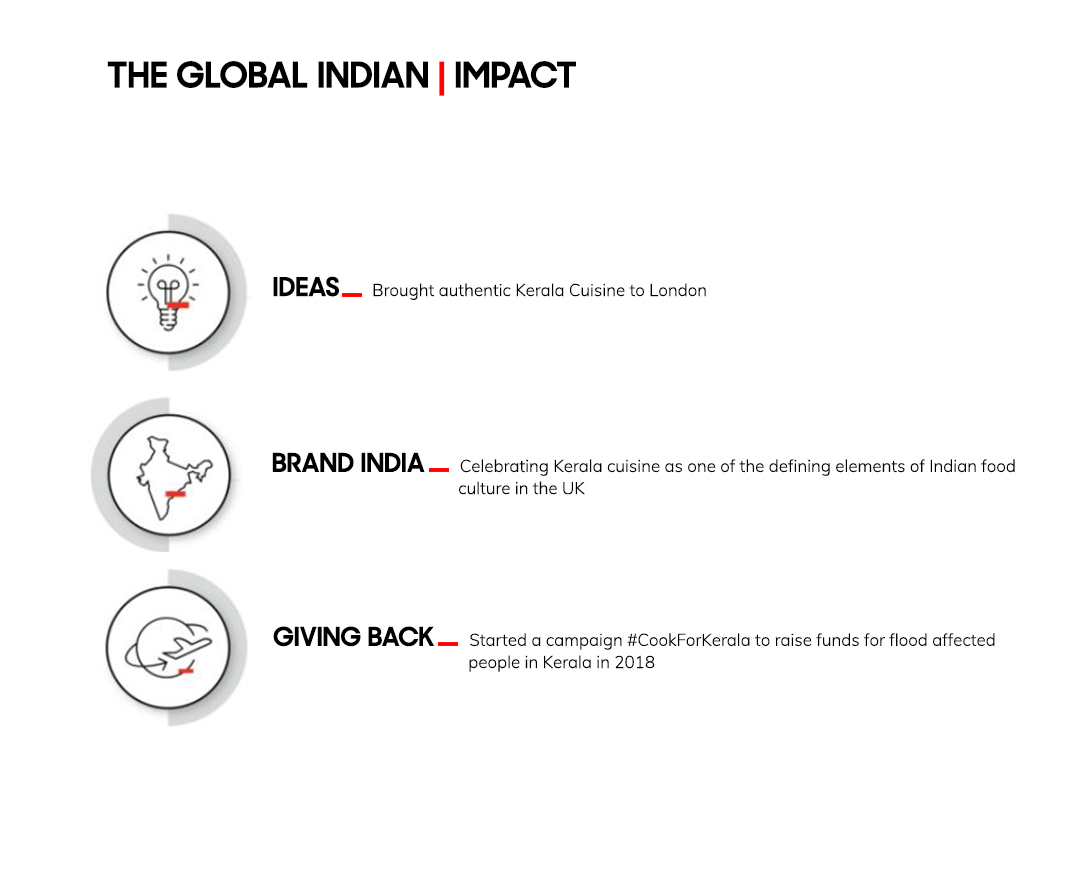

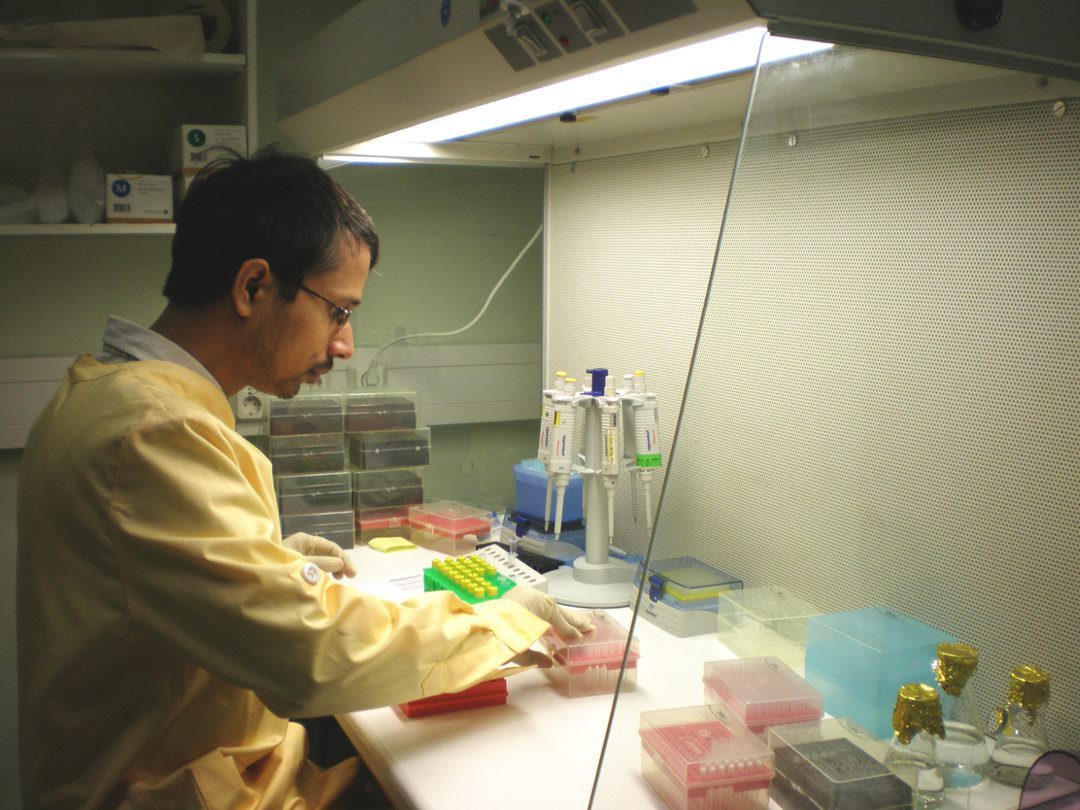 Gyaneshwer Chaubey conducting an experiment in his lab[/caption]
Gyaneshwer Chaubey conducting an experiment in his lab[/caption]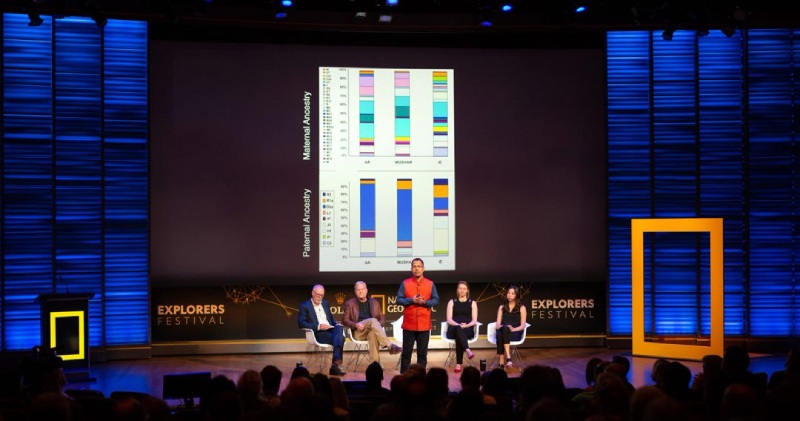 Gyaneshwer Chaubey at Explorers Festival[/caption]
Gyaneshwer Chaubey at Explorers Festival[/caption]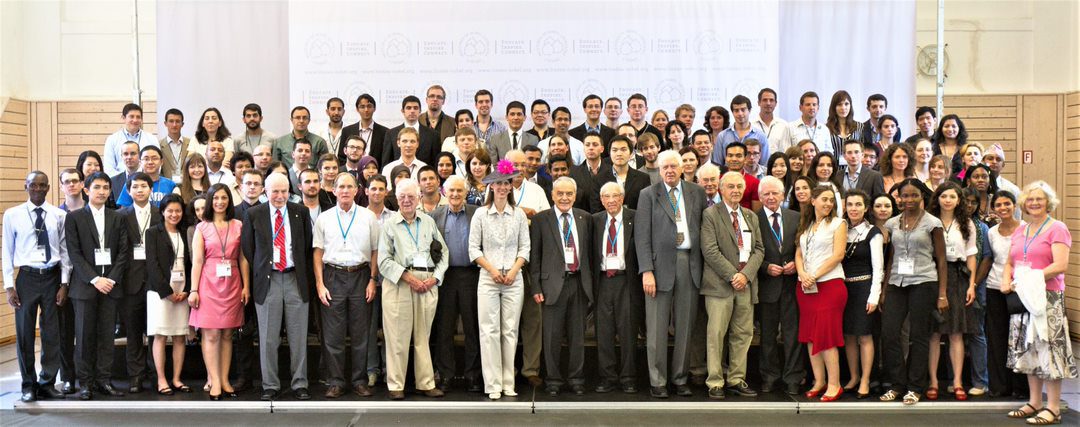
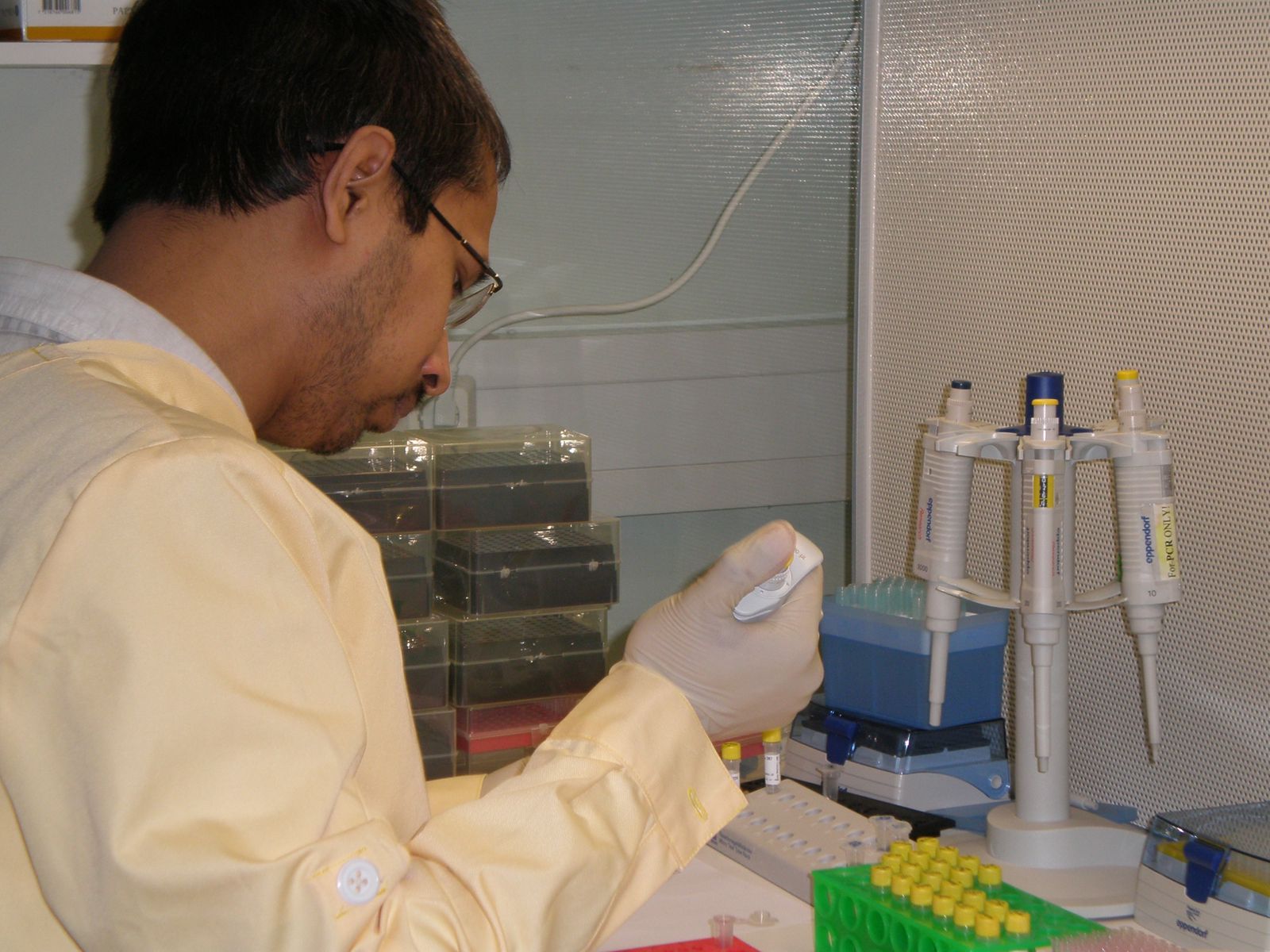
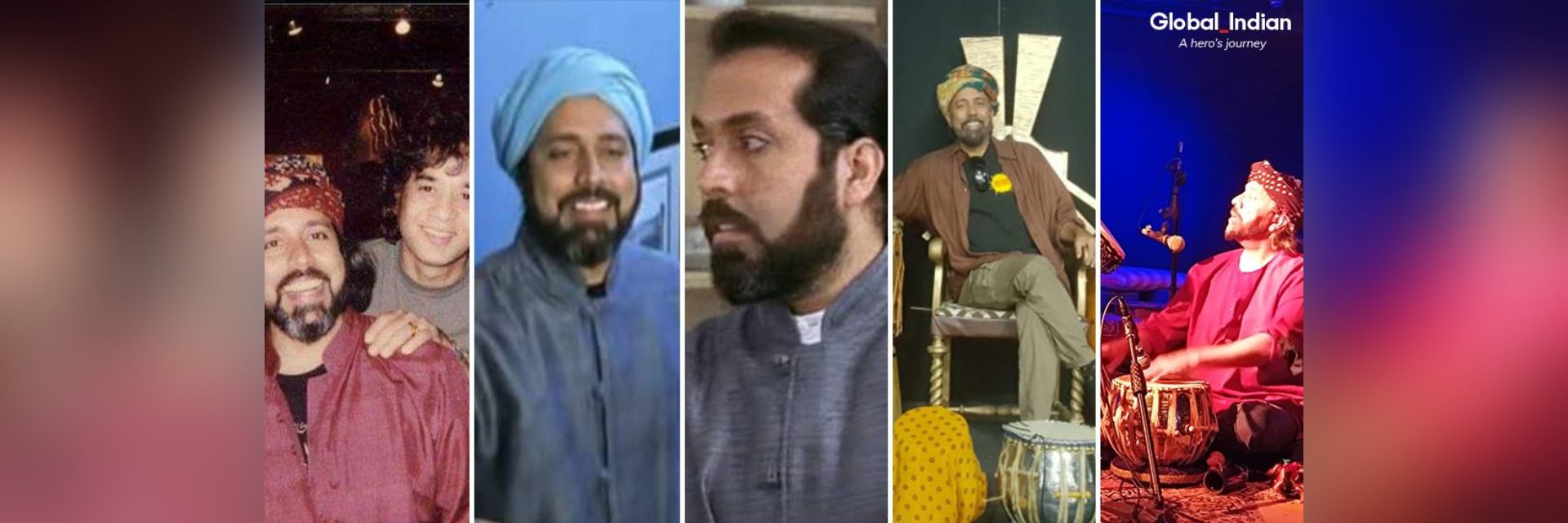
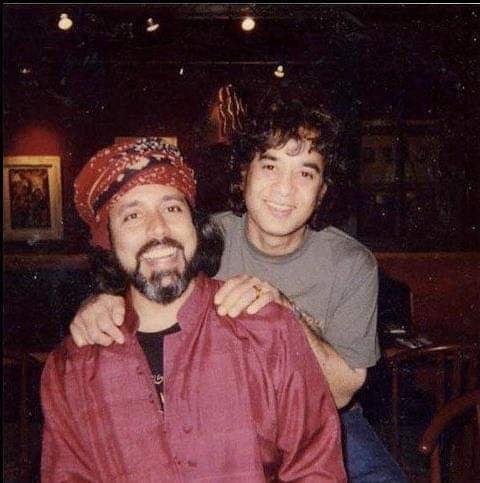 Rashmi Bhatt with Zakir Hussain[/caption]
Rashmi Bhatt with Zakir Hussain[/caption]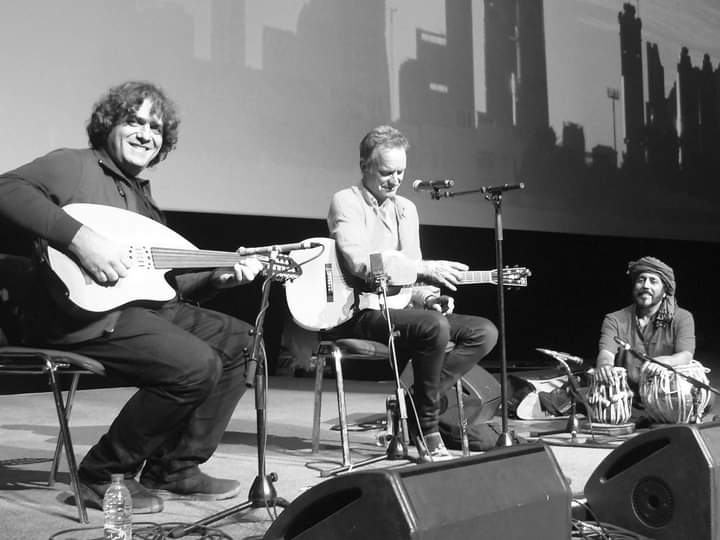 Rashmi Bhatt performing with Sting[/caption]
Rashmi Bhatt performing with Sting[/caption]